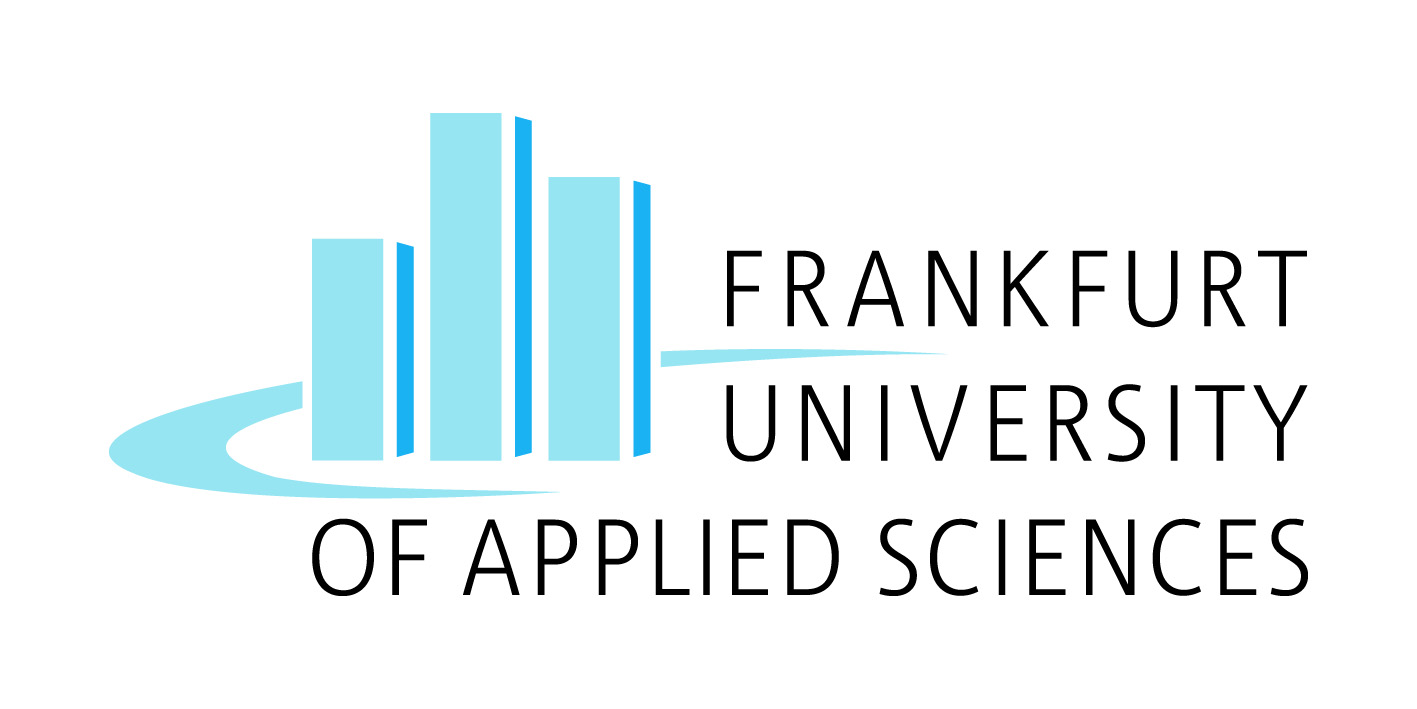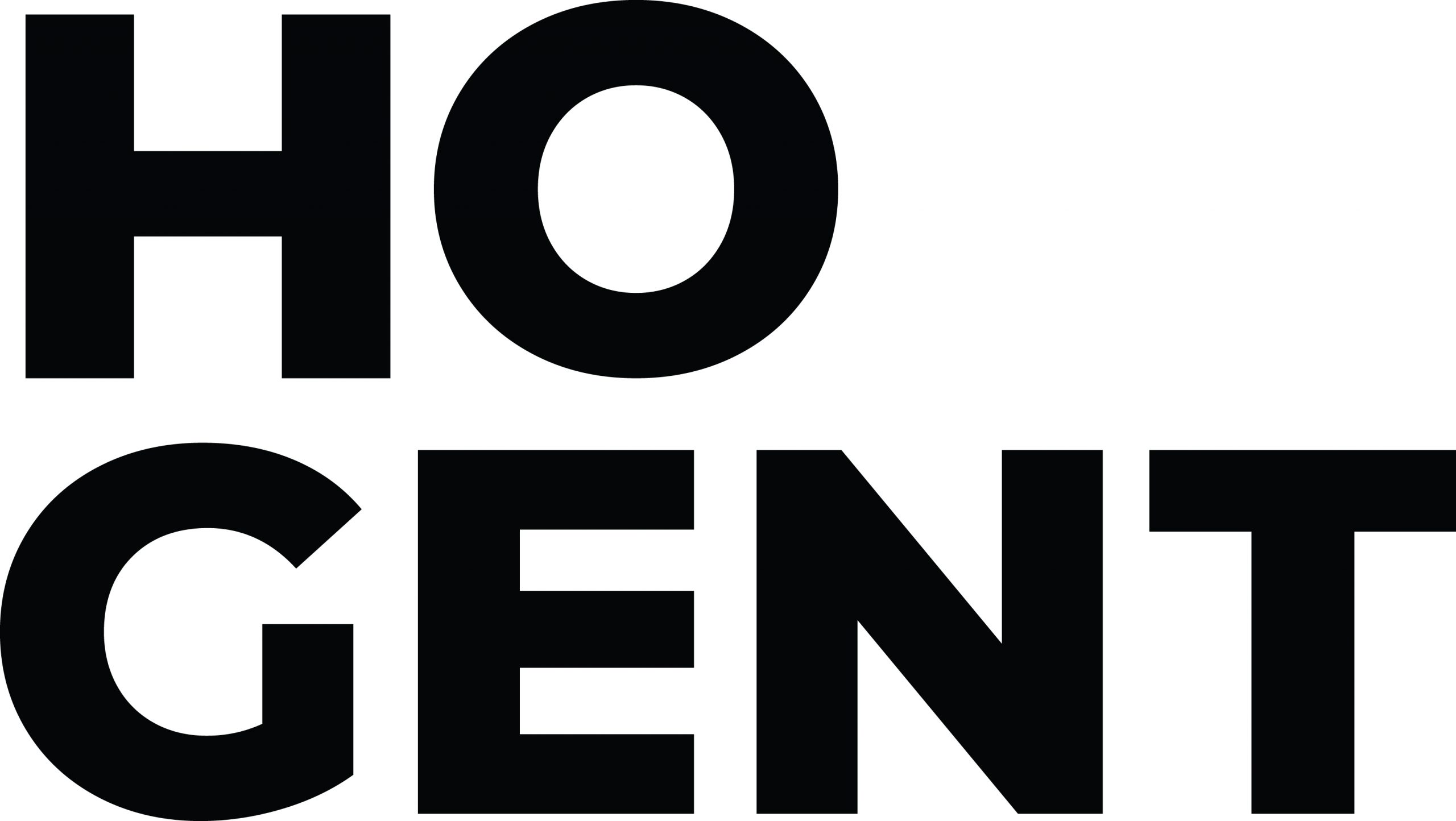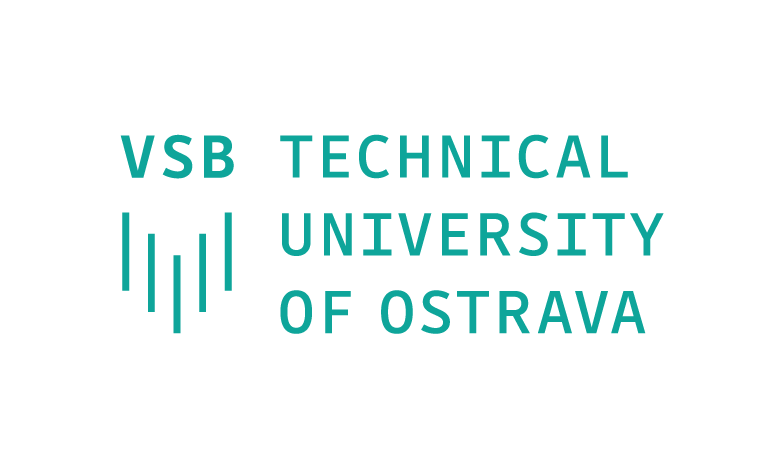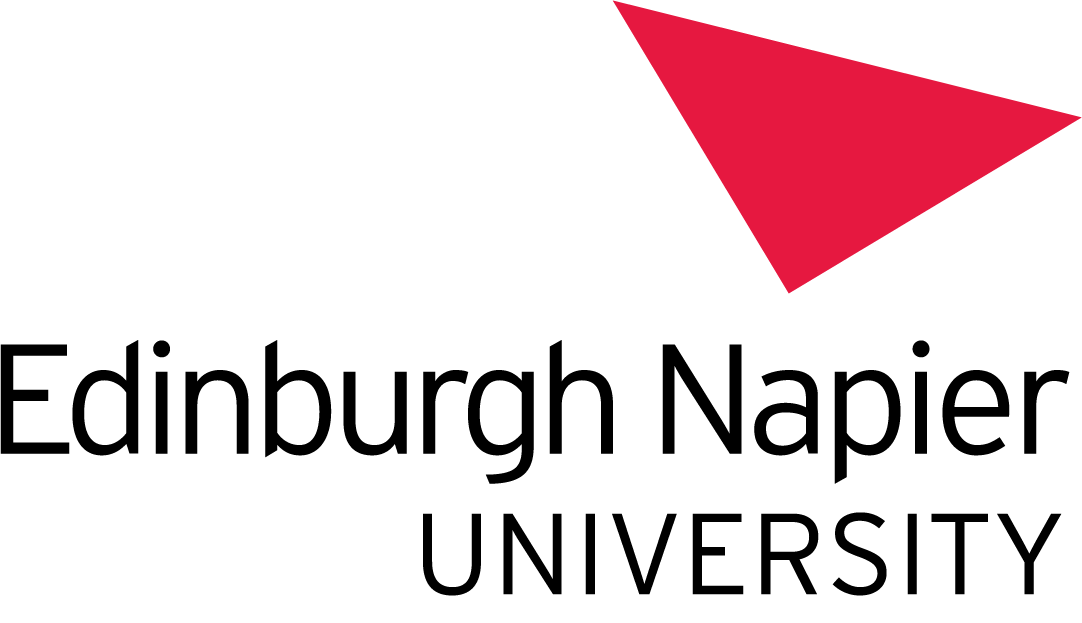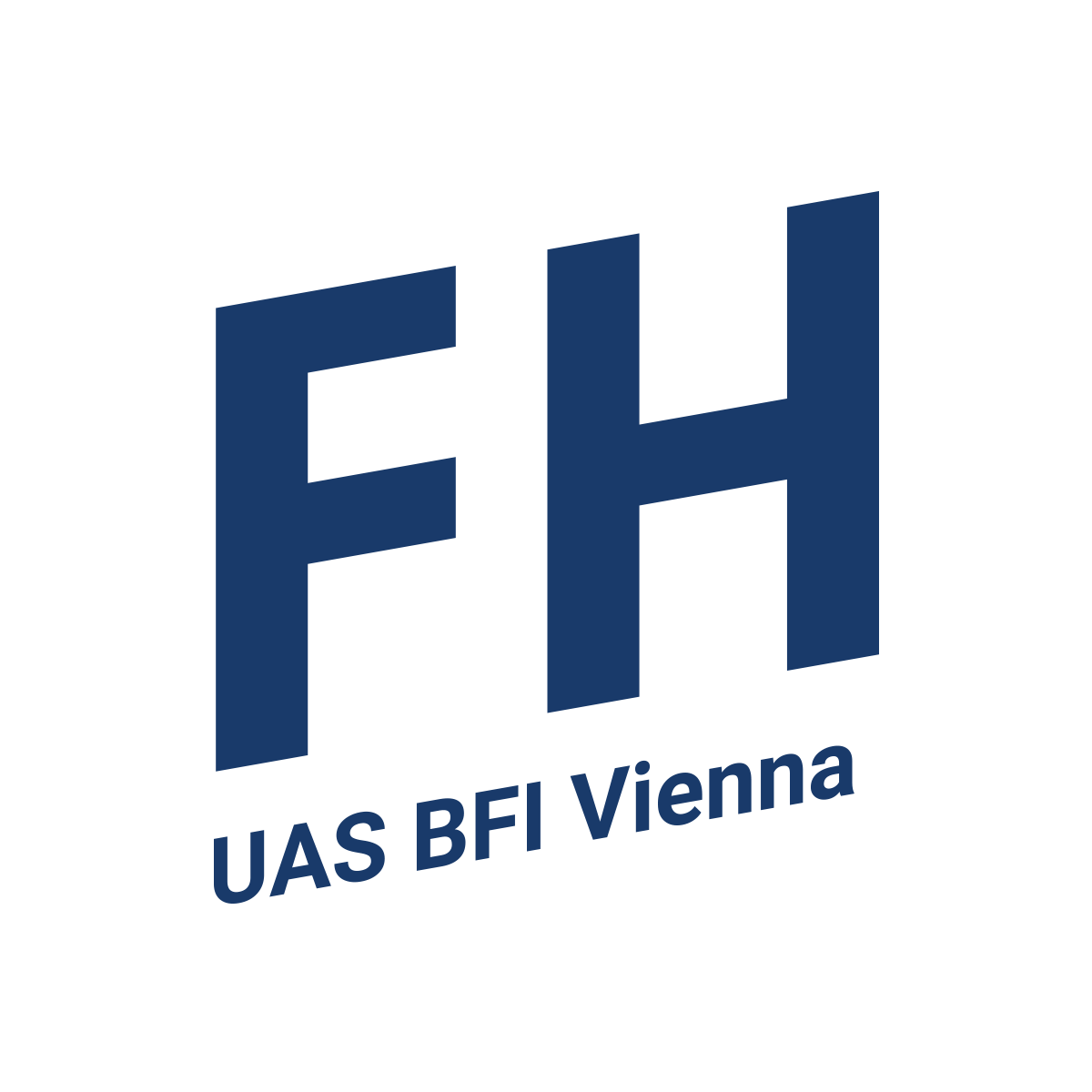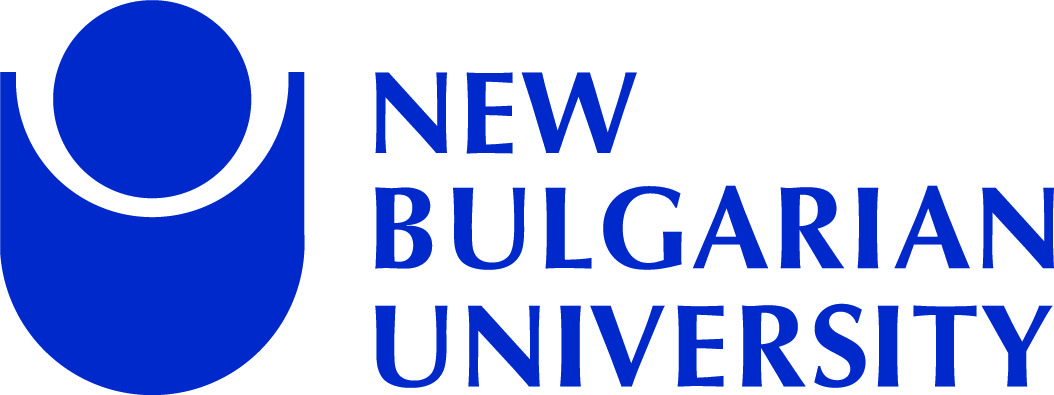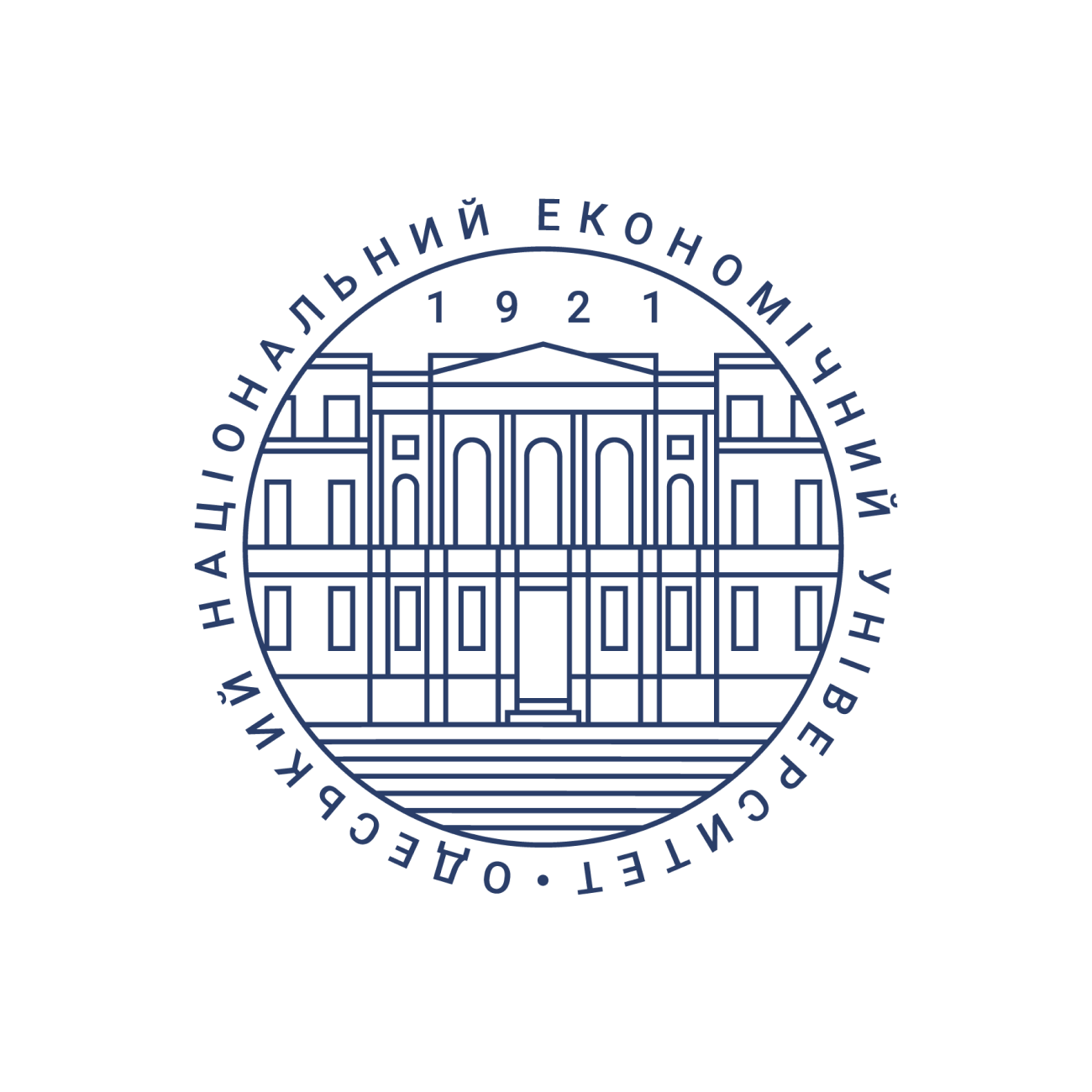Stories
“Studying abroad brings different perspectives on the same issues,” says Monika Maňáková
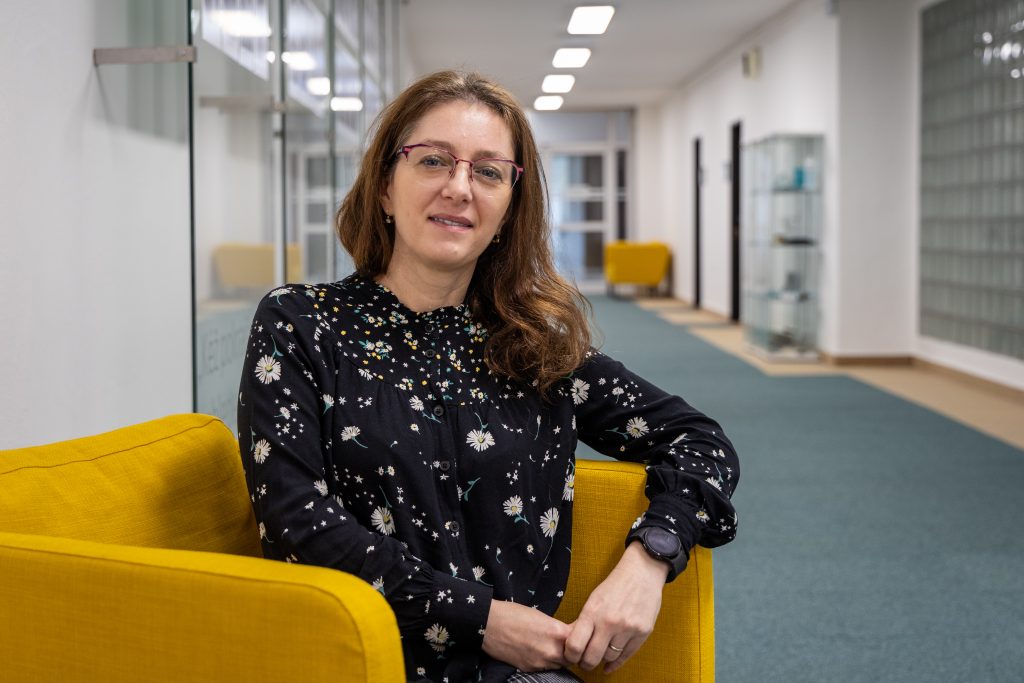
She runs a package called Open and Inclusive Campus, which aims to open 70 courses for students and employees of the participating universities. How does she perceive the alliance and what do our students gain by going on a study visit or internship? She answered in an interview.
VSB-TUO together with partners from the alliance of European universities U!REKA has succeeded in the European Commission’s challenge with the U!REKA Shift project, which is divided into seven parts, the so-called packages. You specifically lead the WP4 package. But what were your beginnings in the team?
I have been active in U!REKA since 2023, and last year I took over the leading role of the WP4 package. Its goal is student mobility and implementation of a common campus.
Do you already have an idea in the team about what a common campus will look like?
The common campus, which can be imagined as an interactive website where students will be able to choose from many courses offered by individual alliance partners, is starting to take on a concrete form, because IT specialists who know more precisely what we can and cannot afford are also involved in its development. At the beginning the campus will be relatively trimmed, but later it will start to grow.
What will those interested find in it?
Not only students, but also employees will be able to apply to the campus. We will offer courses, courses and then perhaps mobility. We have a huge commitment within the U!REKA alliance, which assumes that 50% of all students will participate in mobility among its members. If it were only physical long-term mobility, it would not even be possible, fortunately there are also short-term mobility, thanks to which students can participate in, for example, BIP (BIP – Blended Intensive Programme, in English it is a Combined Intensive Programme, it can also be said that it is a program with short-term mobility and virtual part), which can also take place virtually. VŠB – Technical University Ostrava supports this a lot.
Sustainability is also one of the goals of U!REKA. How does it fit into a virtual campus?
It is important that what we come up with in this project can be used repeatedly and in the long term and not just for one-off consumption. We also agreed within the alliance that students of all participating universities will have a subject in their study plans that will familiarize them with sustainability in their field of study.
What platform will the common campus run on?
It will run in WordPress. Those interested will find a link to it not only on the U!REKA website, but also on the websites of VSB – Technical University of Ostrava and all other partners. In the first phase, it will serve primarily as a catalogue of courses.
So something like our LMS, the Learning Management System?
Not exactly. Rather, think of it as a filtering page, where candidates will have preset various offers that universities have prepared for them within their field of study. We are trying to develop a common campus so that it is as user-friendly as possible.
I can’t help but ask. Most of our U!REKA partners are focused on applied sciences, while we are a technical university. What can we offer within the alliance in this respect?
I don’t think VSB-TUO would be too different. Like us, our U!REKA partners are involved in technical fields, but they are more oriented towards practice, while we are more oriented towards research. We have more experience with research projects, which is something we can offer them. Our partner U!REKA universities, for example, also have a different approach to education, students learn much more interactively, in the form of various projects that they develop. This can be interesting for our students and teachers.
We mentioned 50% of all students’ mobility. It is common knowledge among our students that it is difficult for technical students to go abroad. Is it different at other U!REKA universities?
What is important is that students find similar subjects at foreign universities, which are then approved by their home university. For example, the Portuguese IPL has faculties with a much similar focus to our university. Generally, however, EKF students travel more than technical students. It is much easier for them to find similar subjects as they have in their study plan at home.
So what do technical students gain from mobility?
Studying or interning abroad has huge benefits for them too. They can learn different approaches, get a different perspective on the same issue. Teachers can start to make this change, for example, by travelling themselves and sharing their knowledge and experience with colleagues from Portugal, Germany or Finland. Because that is exactly what the alliance of European universities at U!REKA is about.
U!REKA SHIFT ends in 2027. Where do you see U!REKA and specifically your package in those two years?
The way I see it, as part of the WP4 package, we will have our online campus, which will be fully functional for students and employees and will include a wide range of courses, courses and other options that will make a significant contribution to the higher quality of their education or careers, they will choose courses, courses that will be beneficial to them. As for the whole project and other packages, you have to ask others about that – a decoy for the continuation of a series of interviews.


